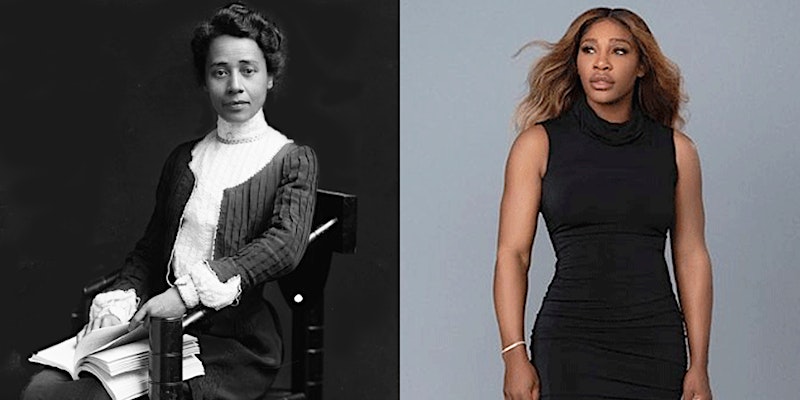Online Event: Please register here.
The PENN POLITICAL THEORY WORKSHOP and the MITCHELL CENTER welcome KEISHA LINDSAY,associate professor in the Departments of Gender & Women's Studies and Political Science at the University of Wisconsin-Madison, to discuss a paper connected to her new book project. Black Ladies and the Art of Resistance: Intellectuals, Athletes, and Beauty Queens examines the writing and rhetoric of black Jamaican and African American women who regard themselves as ladies or as persons who epitomize all that is traditionally feminine. Her research focuses on two groups of black women. One group is comprised of late 19th century and early 20th century educators and civic leaders - including African American feminist Anna Julia Cooper and Jamaican social worker Amy Bailey – who regarded their lady-like decorum and charity as important means of uplifting oppressed black people. The second group includes contemporary African American tennis star Serena Williams who regularly adorns herself in cocktail dresses, high-heels, fur coats, and diamond jewelry as well as Zahra Redwood, a bikini-wearing Rastafarian and Jamaica’s 2007 representative to the “Miss Universe” contest.
Black Ladies and the Art of Resistance both embraces and complicates the existing feminist literature on traditional gender performance. Cooper, Bailey, Redwood, Williams, and other self-defined black ladies demonstrate, as many feminist scholars argue, that performing conventional femininity can challenge patriarchal and other oppressive understandings of who is rational, moral, or otherwise fit to participate in democratic life. At the same time, self-defined black ladies challenge three assumptions in the present scholarship on the politics of femininity: that racism makes conventional femininity unavailable to black women; that black women who embrace such femininity perpetuate the Eurocentric, patriarchal assumption that “real” women belong in the home; and that examining white women is the only valid means of demonstrating the feminist potential of being a “lady.”

 The Andrea Mitchell Center for the Study of Democracy
The Andrea Mitchell Center for the Study of Democracy